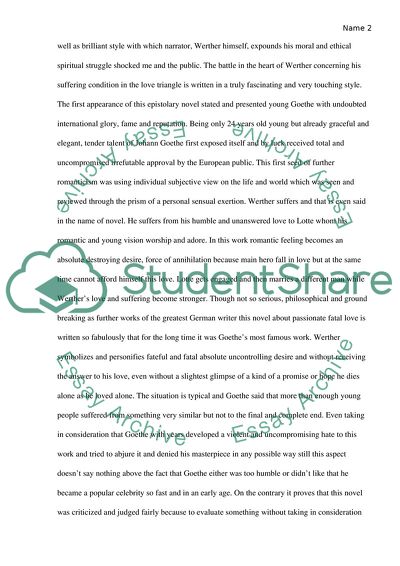Cite this document
(Mary Shelleys Frankenstein and Johann Goethes The Sorrows of Young W Essay, n.d.)
Mary Shelleys Frankenstein and Johann Goethes The Sorrows of Young W Essay. Retrieved from https://studentshare.org/literature/1876808-the-sorrows-of-frankenstein
Mary Shelleys Frankenstein and Johann Goethes The Sorrows of Young W Essay. Retrieved from https://studentshare.org/literature/1876808-the-sorrows-of-frankenstein
(Mary Shelleys Frankenstein and Johann Goethes The Sorrows of Young W Essay)
Mary Shelleys Frankenstein and Johann Goethes The Sorrows of Young W Essay. https://studentshare.org/literature/1876808-the-sorrows-of-frankenstein.
Mary Shelleys Frankenstein and Johann Goethes The Sorrows of Young W Essay. https://studentshare.org/literature/1876808-the-sorrows-of-frankenstein.
“Mary Shelleys Frankenstein and Johann Goethes The Sorrows of Young W Essay”. https://studentshare.org/literature/1876808-the-sorrows-of-frankenstein.


